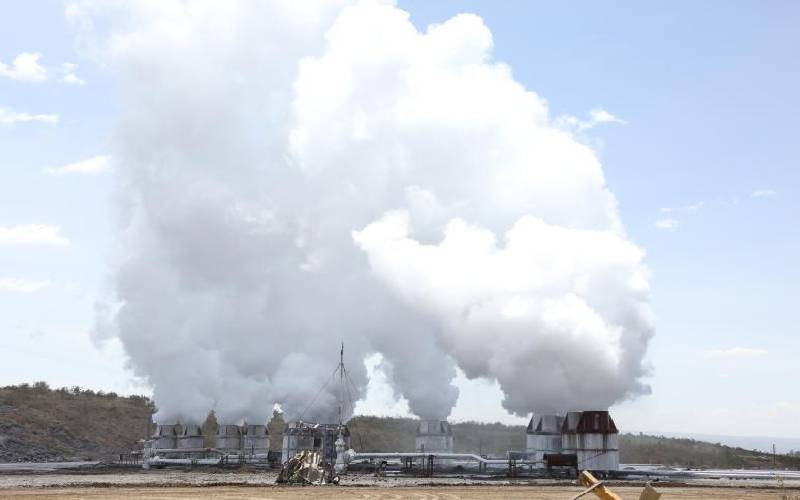×
The Standard e-Paper
Fearless, Trusted News

UK firm Globeleq is set to start construction of a power plant at the Menengai geothermal fields, ending the long wait for electricity production from the area.
Construction of the 35 megawatt (MW) plant, which is projected to cost Sh13.39 billion ($108 million), is expected to start by next month and be completed by 2025.







